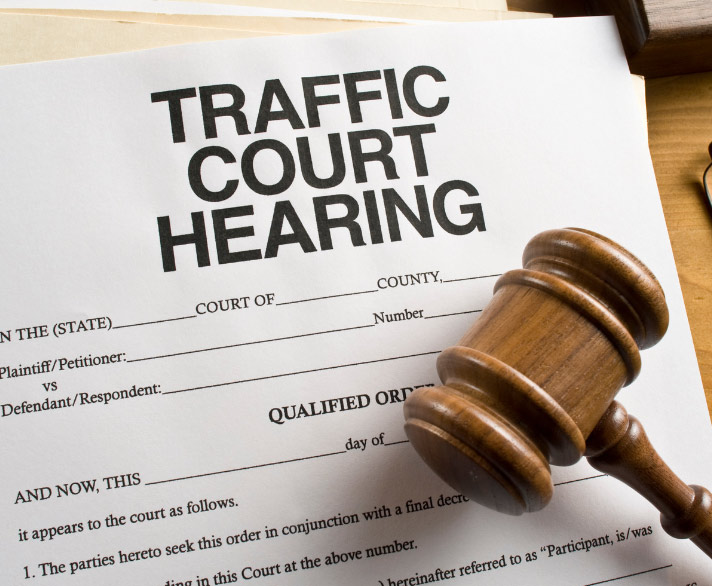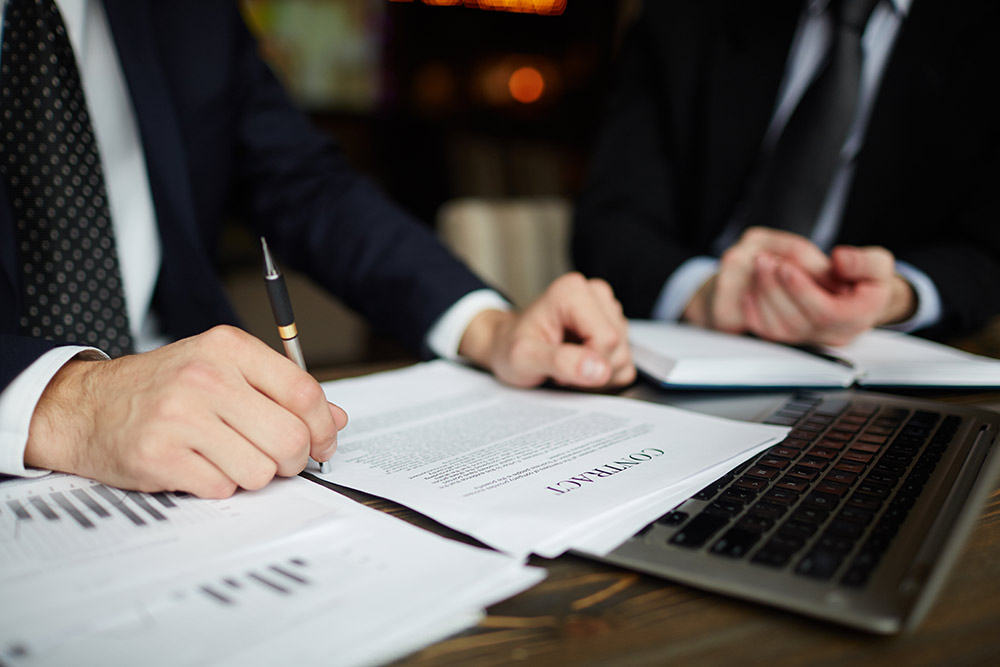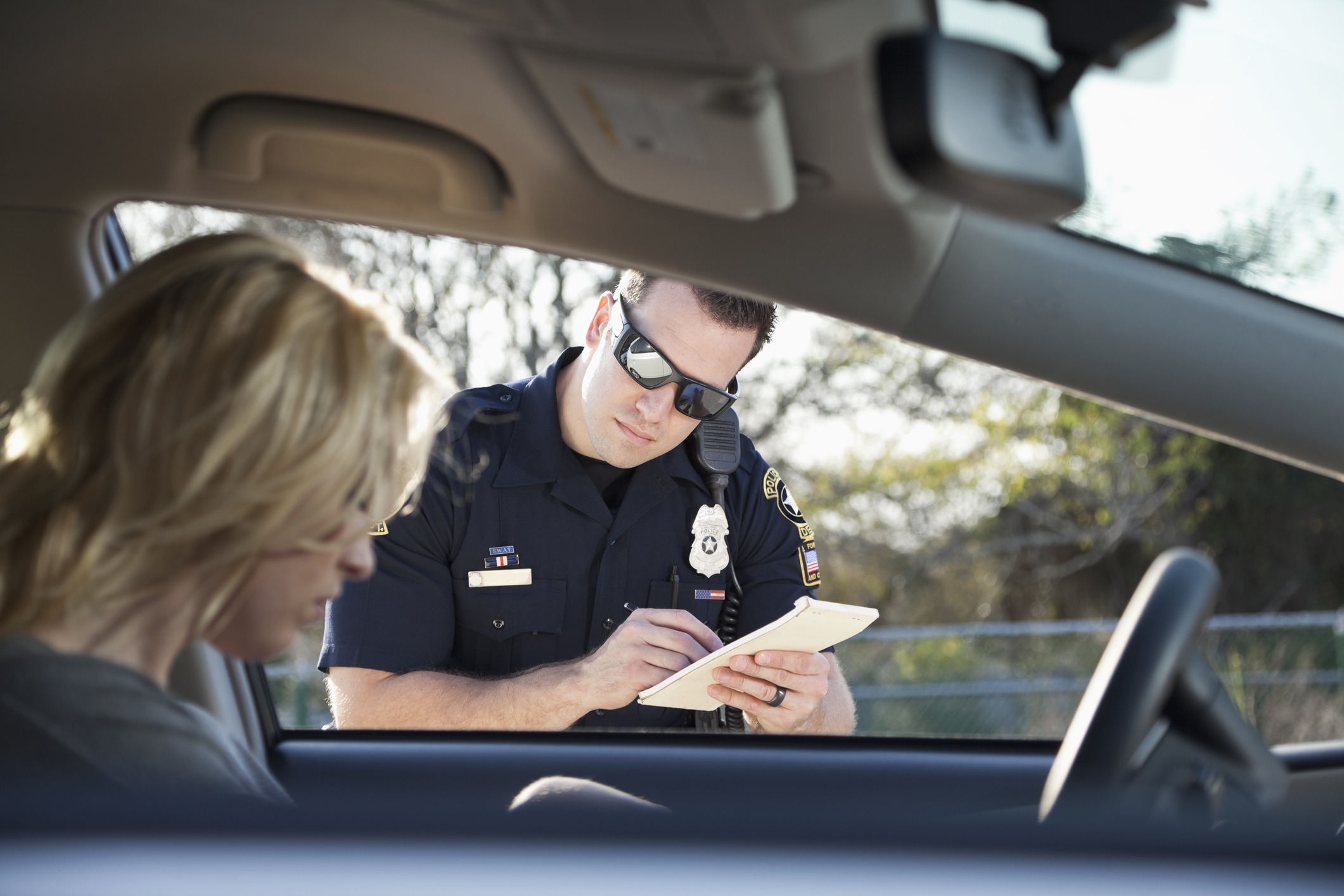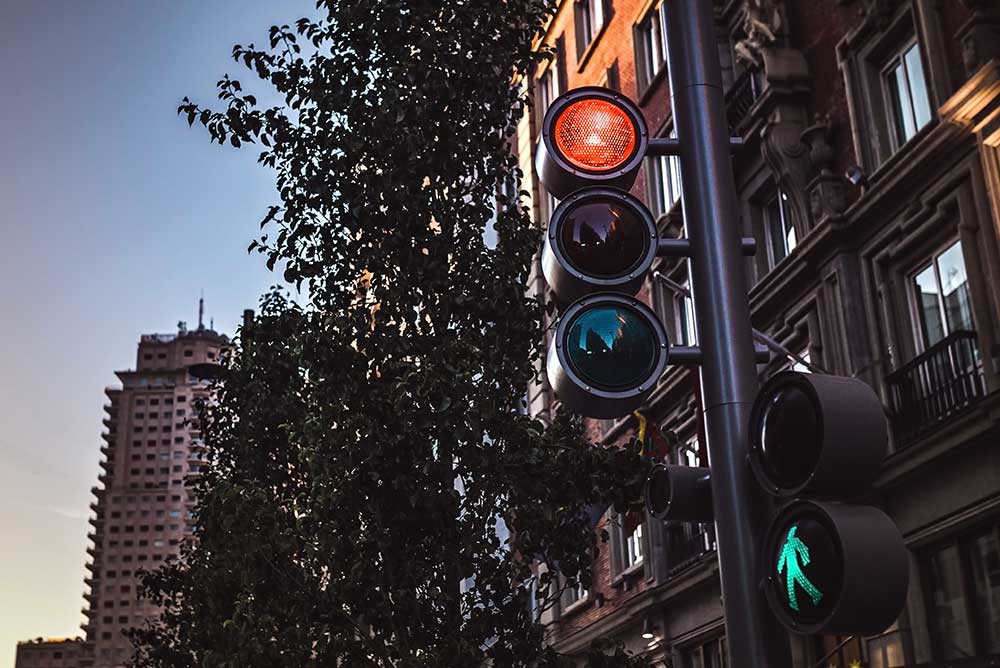If you’ve received a hearing date from New York State’s Traffic Violations Bureau (TVB), it’s natural to feel uncertain or even anxious about what lies ahead. The TVB is not like a typical traffic court, and the process often surprises drivers who expect something less formal. Preparing yourself, knowing what to expect, and considering professional help from an experienced traffic attorney can make the difference between a conviction and a more favorable outcome.
Understanding the TVB
The Traffic Violations Bureau is a division of the New York State Department of Motor Vehicles that specifically handles moving violations within the five boroughs of New York City. It is important to know that the TVB does not oversee parking tickets, red-light camera violations, or criminal charges such as DWI.
Instead, it deals with matters like speeding, failing to yield, improper lane changes, or ignoring a traffic control device.
When you plead not guilty to a ticket issued in New York City, your case is automatically scheduled for a hearing at the TVB. An administrative law judge, often called an ALJ, will preside over your case, listen to testimony from the police officer, review any evidence, and decide whether there is clear and convincing proof that you committed the violation.
This standard is lower than the “beyond a reasonable doubt” threshold in criminal cases, which means convictions are easier to obtain if you are not prepared.
Steps to Take Before the Hearing
The first step in preparing for a TVB hearing is responding to the ticket on time. Ignoring your ticket can result in a default conviction, which means you will be found guilty automatically and may face fines, points, or even a suspended license. Responding promptly also allows you to request a hearing date and start building your defense.
Once your hearing date is set, you should carefully review the ticket for any errors. Details such as the wrong license plate number, incorrect location, or the wrong statute can sometimes create doubt about the accuracy of the officer’s report.
While minor typos will not always result in dismissal, mistakes can still play a role in your defense strategy.
Evidence is another critical part of your preparation. Photographs of the location, road conditions, signage, or anything that contradicts the officer’s claim can be powerful tools. If witnesses were in the car or nearby, their written or verbal testimony could help support your side of the story.
Maps, diagrams, or even dash-cam footage may also help illustrate your position. The more relevant and well-organized your evidence is, the stronger your case becomes.
Finally, you must decide whether to represent yourself or retain legal representation. This is often where drivers make the biggest mistake, assuming that traffic violations are too minor to warrant an attorney. In reality, the consequences of a conviction can include significant fines, higher insurance premiums, and points that may accumulate toward a suspension.
An experienced attorney, such as those at My Tickets NYC, can identify procedural issues, question the officer effectively, and increase your chances of avoiding points or penalties.
What Happens During the Hearing
On the day of your hearing, whether in person or virtual, you will first check in and confirm your case information. The administrative law judge will then open the proceeding by reviewing the charges and explaining the process. The police officer who issued your ticket will give testimony about what happened, often following the notes written on the ticket. Because officers rely heavily on these notes, they may not recall specific details, which creates opportunities for cross-examination.
After the officer testifies, you have the opportunity to present your defense. You may choose to testify, present evidence, or call witnesses. You are not required to testify, but doing so gives you the chance to challenge the officer’s version of events. If you testify, the judge may ask clarifying questions, and the officer may also respond.
The judge then considers all of the evidence before rendering a decision. The standard of “clear and convincing evidence” means that if the officer’s testimony seems credible and consistent, the judge may side with them. However, if your evidence casts reasonable doubt, or if the officer fails to appear, you may win a dismissal.
The Consequences of a Conviction
Being found guilty at a TVB hearing can carry long-lasting consequences. Each moving violation adds points to your driving record, and accumulating too many points can result in a suspended or revoked license. For example, 11 points within 18 months may lead to suspension.
Drivers who reach six or more points on their record will also be subject to the Driver Responsibility Assessment, a financial penalty paid to the DMV over three years. In addition, insurance companies regularly check driving records, and a conviction can raise your premiums significantly. Even a single conviction can cost hundreds or thousands of dollars over time when insurance increases are factored in.
Default convictions, which happen when you fail to appear for your hearing, carry the same penalties as in-person convictions. This is another reason why working with a lawyer can be beneficial, since attorneys can often appear on your behalf and prevent missed deadlines from hurting your case.
How to Improve Your Chances of Success
Preparation is the most important factor in improving your chances of success at a TVB hearing. Knowing the details of your violation, understanding the statute, and practicing your testimony help you remain calm and focused. Respectful conduct toward the judge and the officer also matters, as it demonstrates seriousness and credibility.
Organization is equally important. Evidence should be presented in a clear and professional manner, with photographs or documents labeled and easy to follow. Witnesses should be briefed in advance so their statements are consistent and relevant.
Most importantly, consider the value of professional legal help. Attorneys who practice at the TVB daily understand the system’s nuances, know how judges interpret evidence, and are familiar with the most effective defence strategies. This experience is not something most drivers can replicate on their own.
My Tickets NYC has over two decades of experience handling TVB cases and can often appear in court on your behalf, saving you time while increasing the likelihood of a better outcome.
How My Tickets NYC Supports Drivers
When you choose to work with My Tickets NYC, you gain access to a team that specializes in defending drivers in TVB hearings. Their attorneys know how to examine the citation for technical errors, cross-examine officers, and present compelling evidence. They also manage all the administrative tasks, from filing responses to appearing in court, so you can focus on your daily life instead of stressing over paperwork and deadlines.
Many drivers are surprised to learn that hiring an attorney can save both money and time in the long run. By avoiding points, minimizing fines, and protecting insurance rates, professional representation often pays for itself. My Tickets NYC has built its reputation on fighting aggressively for clients and achieving results that help drivers move on without lasting consequences.
Preparing for Your TVB Hearing with Confidence
Facing a TVB hearing can feel intimidating, but it does not have to be overwhelming. By responding to your ticket on time, reviewing the details carefully, gathering relevant evidence, and considering professional legal representation, you can approach your hearing with confidence.
The outcome of a TVB case can impact your driving record, your finances, and even your ability to keep your license, which is why preparation matters so much.
If you have a hearing date and want to give yourself the best chance of success, reach out to My Tickets NYC for help. With years of experience navigating the TVB system, they know how to fight for your rights and protect your record.





